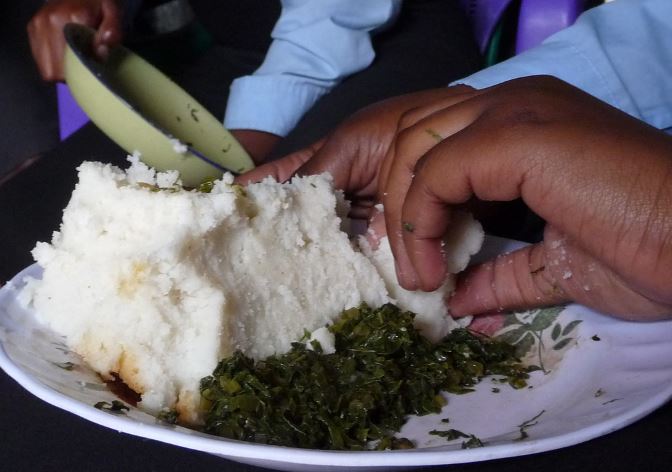×
The Standard e-Paper
Kenya’s Boldest Voice

On a recent visit to Uganda, I noted a curious item on the menu named Kenyan dumpling. Closer scrutiny indicated it was a fancy name for Ugali. In another hotel in Kenya, the same Ugali was called corn cake.